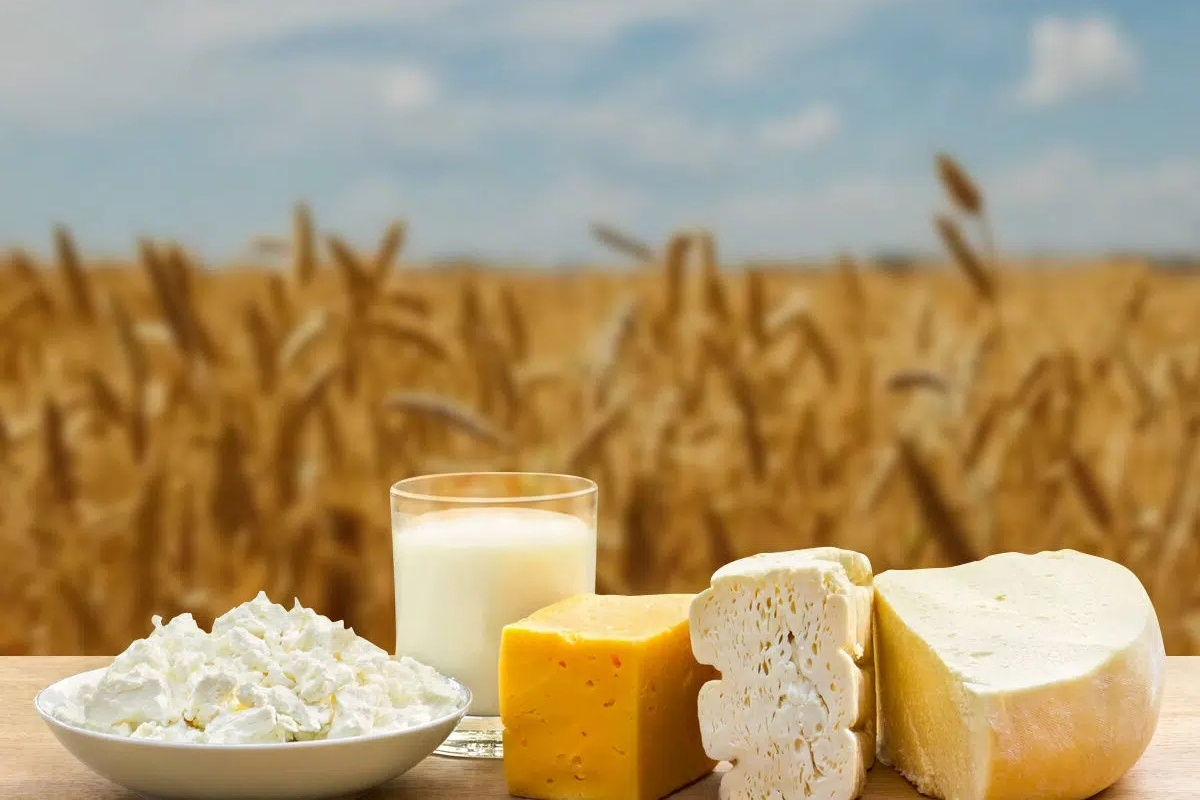
Shavuot 2025 is a Jewish holiday celebrated 50 days after Passover. It marks the giving of the Torah at Mount Sinai. This festival is also known as the Feast of Weeks. Shavuot has both historical and agricultural significance. Historically, it commemorates the moment when God gave the Torah to the Israelites. Agriculturally, it celebrates the end of the grain harvest in Israel. People often decorate their homes and synagogues with greenery and flowers. Traditional foods include dairy dishes like cheesecake and blintzes. Reading the Book of Ruth is another custom. Shavuot 2025 will be observed from sunset on June 1 to nightfall on June 3.
What is Shavuot?
Shavuot, also known as the Feast of Weeks, is a significant Jewish holiday. It commemorates the giving of the Torah at Mount Sinai. Celebrated seven weeks after Passover, it marks both a spiritual and agricultural milestone.
-
Shavuot 2025 begins at sundown on June 1 and ends at nightfall on June 3.
-
The holiday is also called "Chag HaBikurim," meaning the Festival of the First Fruits.
Historical Significance
Shavuot has deep historical roots, connecting the Jewish people to their ancient past. It celebrates the moment when the Israelites received the Torah from God.
-
The Torah was given to the Israelites on the sixth day of the Hebrew month of Sivan.
-
Shavuot is one of the three pilgrimage festivals, along with Passover and Sukkot.
Customs and Traditions
Shavuot is rich with customs that have been passed down through generations. These traditions make the holiday unique and meaningful.
-
It is customary to stay up all night studying Torah, a practice known as "Tikkun Leil Shavuot."
-
Dairy foods like cheesecake and blintzes are traditionally eaten during Shavuot.
-
Homes and synagogues are often decorated with greenery and flowers.
Agricultural Roots
Shavuot also marks the end of the grain harvest in Israel. It is a time to give thanks for the bounty of the land.
-
The holiday originally celebrated the wheat harvest in ancient Israel.
-
Farmers would bring the first fruits of their harvest to the Temple in Jerusalem as an offering.
Modern Celebrations
Today, Shavuot is celebrated in various ways around the world. Modern practices blend traditional customs with contemporary elements.
-
In Israel, Shavuot is a public holiday, and many people participate in agricultural festivals.
-
Some communities hold confirmation ceremonies for young people during Shavuot.
Spiritual Significance
Shavuot is not just about historical events; it has deep spiritual meaning. It is a time for personal reflection and renewal.
-
The holiday emphasizes the importance of Torah study and spiritual growth.
-
Shavuot is a time to reaffirm one's commitment to Jewish laws and values.
Fun Facts
Shavuot has some lesser-known aspects that add to its charm. These fun facts highlight the holiday's unique features.
-
The Book of Ruth is read during Shavuot because its story takes place during the harvest season.
-
Shavuot is one of the few Jewish holidays without a specific mitzvah (commandment) associated with it.
Final Thoughts on Shavuot 2025
Shavuot 2025 is more than just a holiday; it's a celebration of history, culture, and community. From its origins as a harvest festival to its significance in receiving the Torah, Shavuot has evolved while retaining its core values. The customs, like reading the Book of Ruth and enjoying dairy foods, add layers of meaning and joy. Whether you're attending synagogue services, participating in all-night study sessions, or simply enjoying time with loved ones, Shavuot offers something for everyone. This holiday reminds us of the importance of tradition, learning, and gratitude. As you prepare for Shavuot 2025, take a moment to reflect on its rich history and the ways it continues to inspire and unite people around the world. Enjoy the festivities, the food, and the sense of community that makes Shavuot truly special.
Was this page helpful?
Our commitment to delivering trustworthy and engaging content is at the heart of what we do. Each fact on our site is contributed by real users like you, bringing a wealth of diverse insights and information. To ensure the highest standards of accuracy and reliability, our dedicated editors meticulously review each submission. This process guarantees that the facts we share are not only fascinating but also credible. Trust in our commitment to quality and authenticity as you explore and learn with us.
